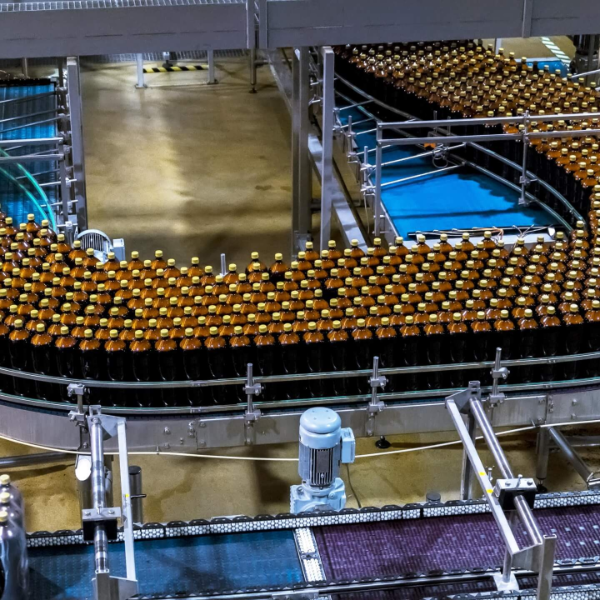Increasing sustainability of industrial processes
Making processes more sustainable: energy, water, raw materials, industrial symbiosis

Increasing sustainability of industrial processes
The industry – manufacturers and suppliers – faces a major challenge. It will need to make its business operations dramatically more sustainable in the coming decades. This applies not only to energy consumption and associated carbon emissions, but also to the use of raw materials, water and environmental impact.
These challenges are mainly driven by international commitments or agreements on carbon emission reduction, use of raw materials or other environmental policies. The cost factor also plays a role. After all, price volatility for energy and raw materials requires responsible policies leading to more sustainable and available process resources.
More sustainable energy
Therefore, industry will increasingly need to switch to more sustainable energy sources that perform better than fossil fuels in terms of carbon emissions, availability and price. Witteveen+Bos helps industry make this transition: from strategy to concrete design.
We call on our knowledge and experience in areas such as hydrogen, electrification, waste heat utilisation (both inside and outside the plant), steam systems and financial analyses.
Raw material chain mapped out
The increasing demand for raw materials calls for more economical, smarter and circular use of (scarce) raw materials. Witteveen+Bos has experience in mapping raw material flows in various sectors.
One way we do this is through a Material Flow Management model. We use this to quantify the total raw material chain, from procurement to waste, and advise how to reduce inputs and outputs.
A close look at water consumption
The industry will also have to scrutinise its water consumption. This area also requires an integrated, circular approach. It is not just a matter of limiting water intake, but also taking a critical look at discharges. Witteveen+Bos takes the entire water chain within a business as its starting point, advising how businesses can organise their water management as efficiently as possible.
Industrial symbiosis
Companies and sectors can also jointly reduce their carbon footprint or reduce their consumption of raw materials. Companies can exchange raw materials, waste streams or energy/heat, also known as industrial symbiosis.
This collaboration can alleviate the need for primary raw materials, reduce waste streams and reduce emissions and energy consumption. It may even lead to new revenue models. In short, a step closer to a circular industry.
More information?
